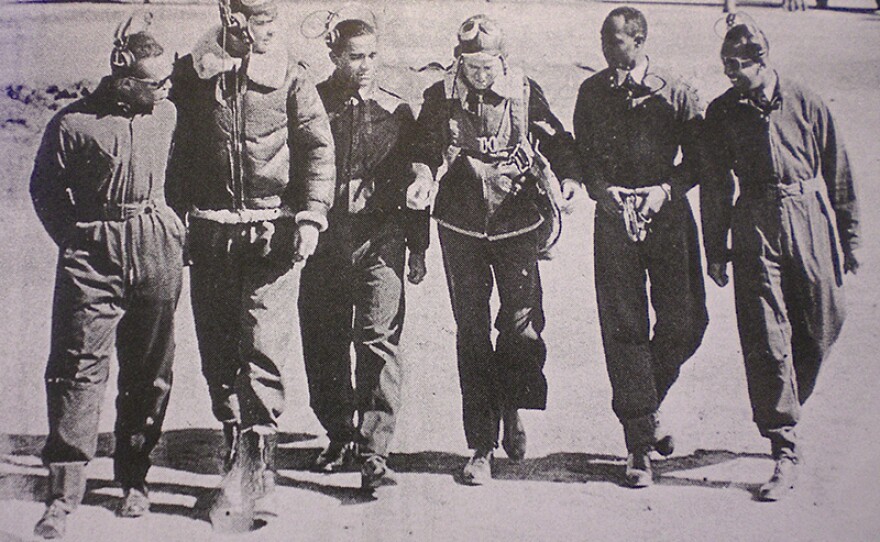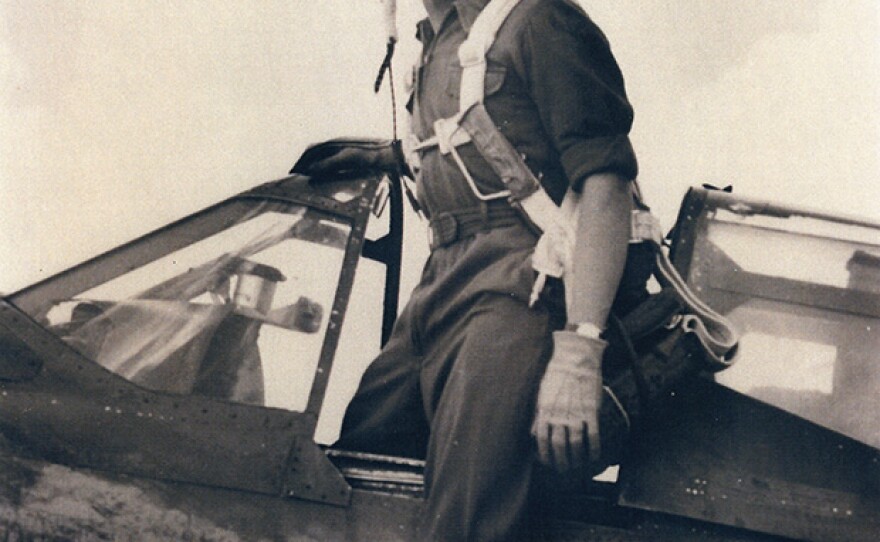—Celebrate African American Pilots In World War II—
They lived in a country where racial prejudice and discrimination ruled, where they were judged by the color of their skin, and where opportunities were limited for them.
In spite of it all, they wanted to show their patriotism to their country by fighting the enemy during World War II. The story of their struggle and ultimate triumph is told in “Fly Boys: Western Pennsylvania’s Tuskegee Airmen.”
The film covers the "Tuskegee Airmen Experiment," a military initiative to see if African-American men were capable of flying complicated engines of war. It was a controversial experiment at the time because African-Americans were excluded from the Air Corps because it was believed that they lacked intelligence and courage to fly into battle.
The experiment went ahead and the airmen flew fighter and bomber planes during World War II. They were trained at Tuskegee, Alabama. The Tuskegee Airmen included pilots, navigators, bombardiers, maintenance and support staff, instructors and all the personnel who kept the planes in the air.

More than 40 men from western Pennsylvania served as Tuskegee Airmen, and some of their stories are told in this gripping documentary. These are the stories of the men who lived through the experience as well as from family members who remember them. Plus, some white pilots tell how they owe their survival to the heroics of the Tuskegee Airmen.
Colonel Herbert E. Carter of Tuskegee, Alabama served in combat as a Tuskegee Airman in Italy and North Africa during the war. He is quoted in the documentary and said:
“I’ve often said that long before Martin Luther King’s effort, the Tuskegee Airmen set the tone and a pace that had much to do with America facing up to the fact that a man is a man is a man. That you have to accept him for his individual capabilities and qualifications, not the pigmentation of his skin, his race, his creed or his color.”

Credits:
Hosted and produced by WQED’s Mid-Atlantic Emmy® award-winning Chris Moore and was co-produced by Olga George. Original music was composed by Mid-Atlantic Emmy® Award winning Emmai Alaquiva.





